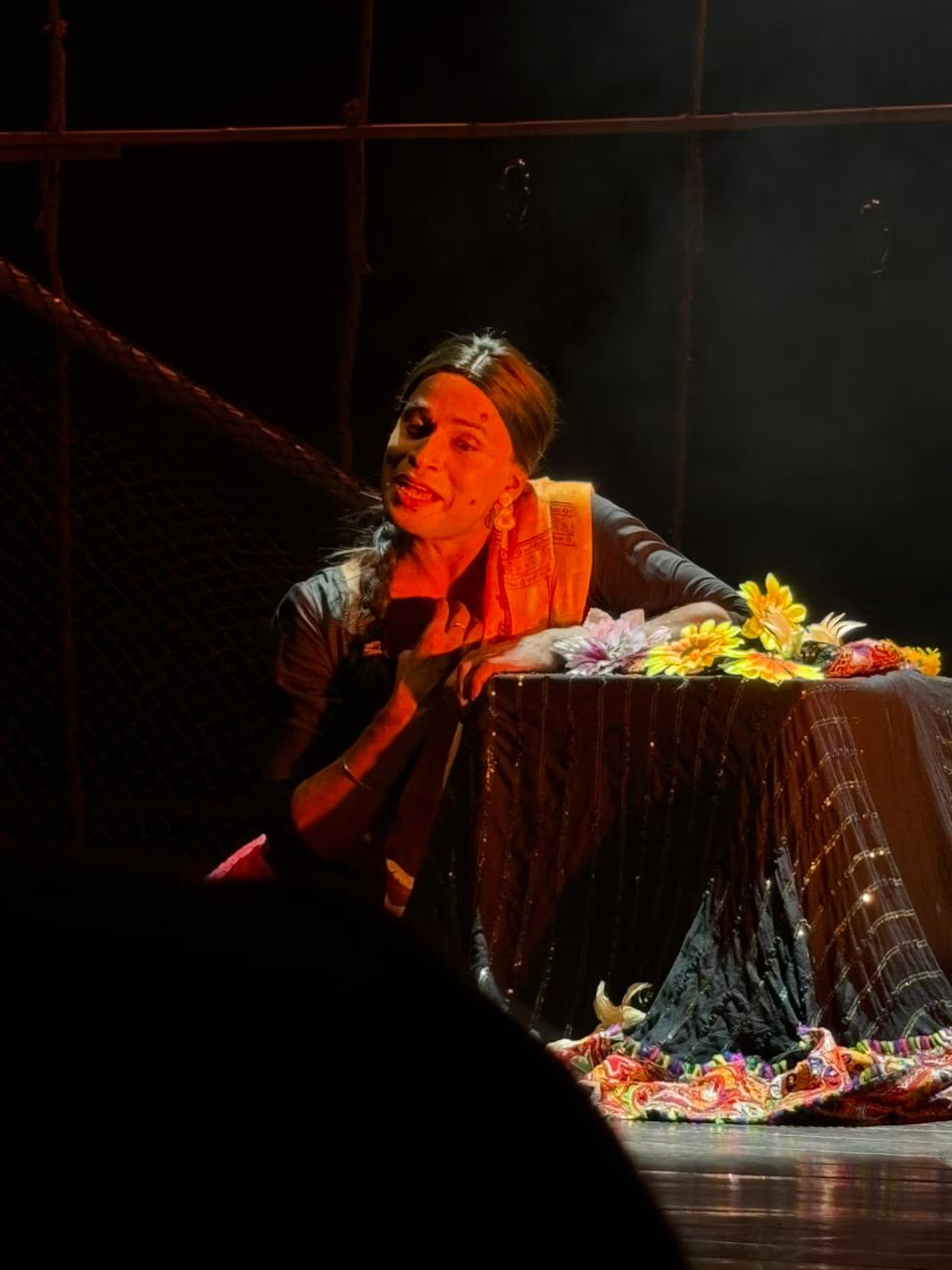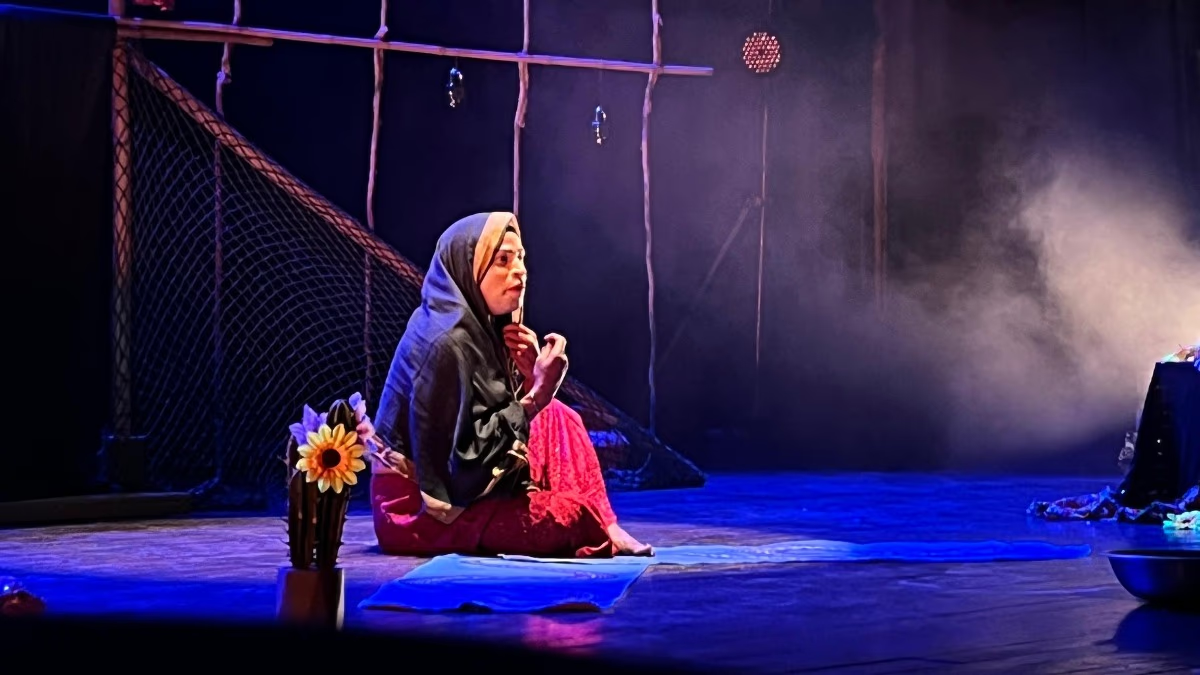'Sanjha' is a compelling narrative by Dr. Kiran Singh. It explores the birth, upbringing, and quest for identity of a trans person amid life’s profound challenges. This powerful story was presented as a solo play, 'Sanjha, Vivah Shikhandi Ka', at the Shriram Center for Performing Arts on Thursday. Actor Manish Sharma masterfully portrayed 'Shikhandi aka Sanjha', drawing accolades for his riveting performance.
Manish Sharma earned praise for expertly embodying eight distinct roles in this solo play, each reflecting deep emotions and subtle nuances. 'Sanjha, Vivah Shikhandi Ka' eloquently elevates the character of Sanjha to a mythical status akin to Shikhandi, reimagining her as a figure of immense stature.
The Mysterious Birth of Sanjha
The tale begins with Sanjha's birth shrouded in mystery; neither fully male nor female. To protect her from societal scorn, her parents, Vidya Ji and his wife, keep her hidden within their home’s confines. After her mother’s demise, Vidya Ji raises her alone, haunted by the need to conceal her true identity.
Sanjha, with a keen interest in herbal lore and the wilderness, slowly yearns for the world beyond. Bowing to societal rites, Vidya Ji marries her to a boy, the adopted son of the village priest, who also carries his past secrets. Supporting each other’s emotional realms, Sanjha and her husband craft a unique connection.

Source: aajtak
Sanjha becomes cherished in her village through her herbal remedies. She gathers rare herbs from forests and cures villagers, slowly gaining their respect. However, when her transgender identity emerges, the villagers attempt to ostracize her, labeling her as impure. In response, Sanjha exhibits unmatched strength and courage, confronting the villagers with their truths. She asserts her dual identity—neither man nor woman, but a harmonious union of both, with healing powers as potent as nectar.
The narrative culminates in Sanjha’s graceful acceptance of her identity in the face of societal confrontation. It unravels societal prejudices, challenges norms of gender identity, and touches upon the transcendental nature of human emotions. Ultimately, it illustrates that love, courage, and resilience can carve a lasting space in any society. The storytelling, portrayed from a divine perspective, offers fresh insights into fate and life's sorrows. Under the direction of Rajesh Tiwari, the solo play vividly brings Sanjha's character to life, with her heroic stance in the climax receiving resounding applause from the audience.




